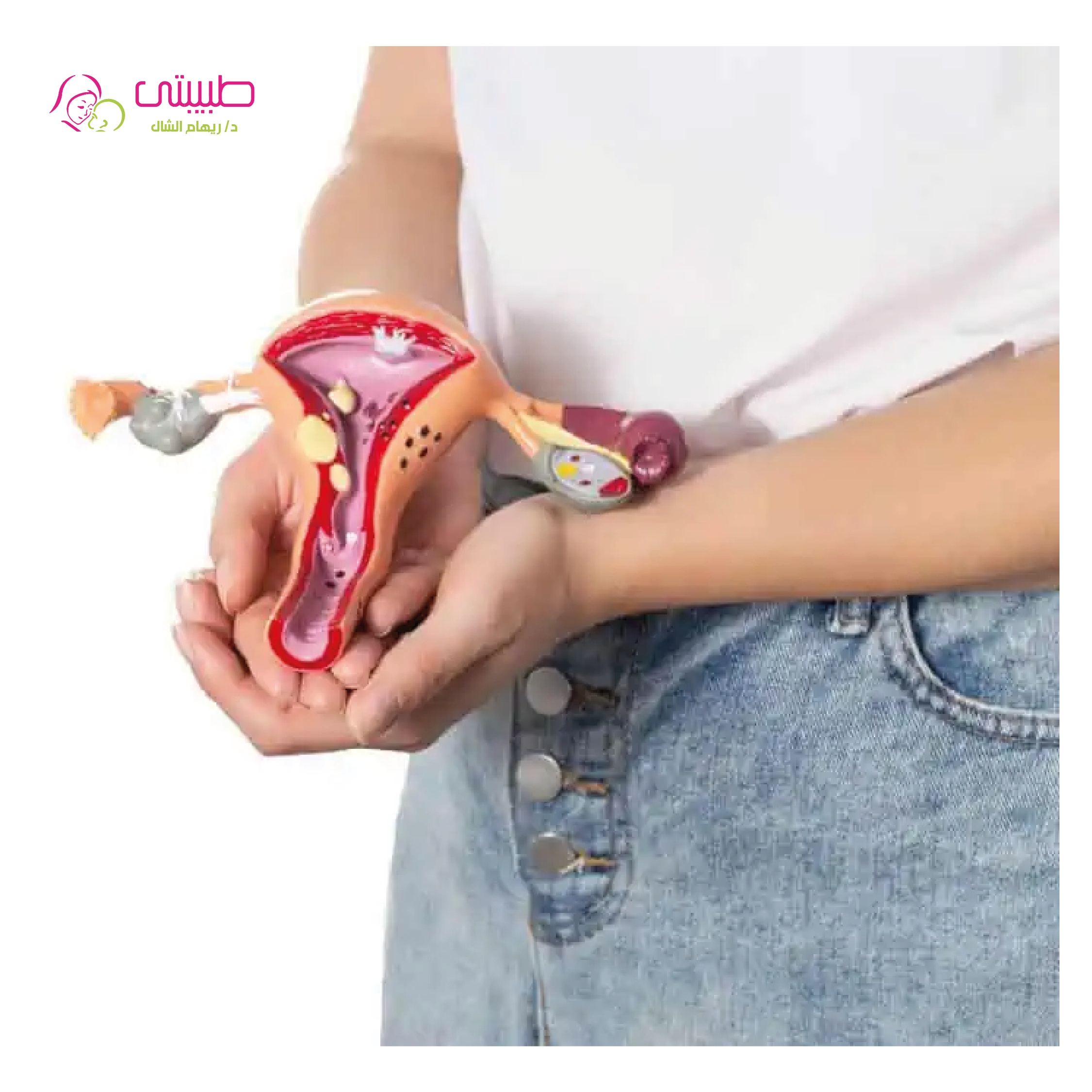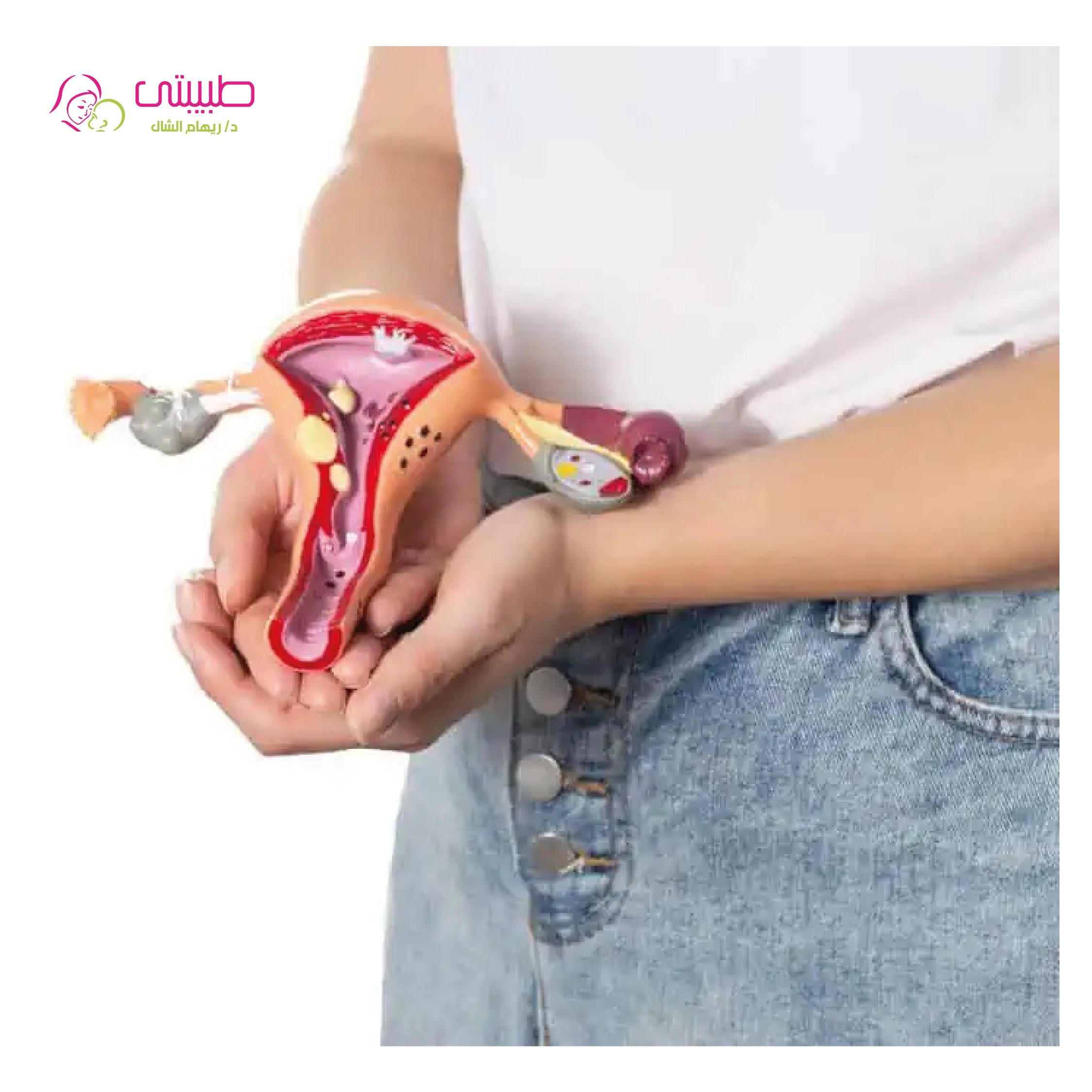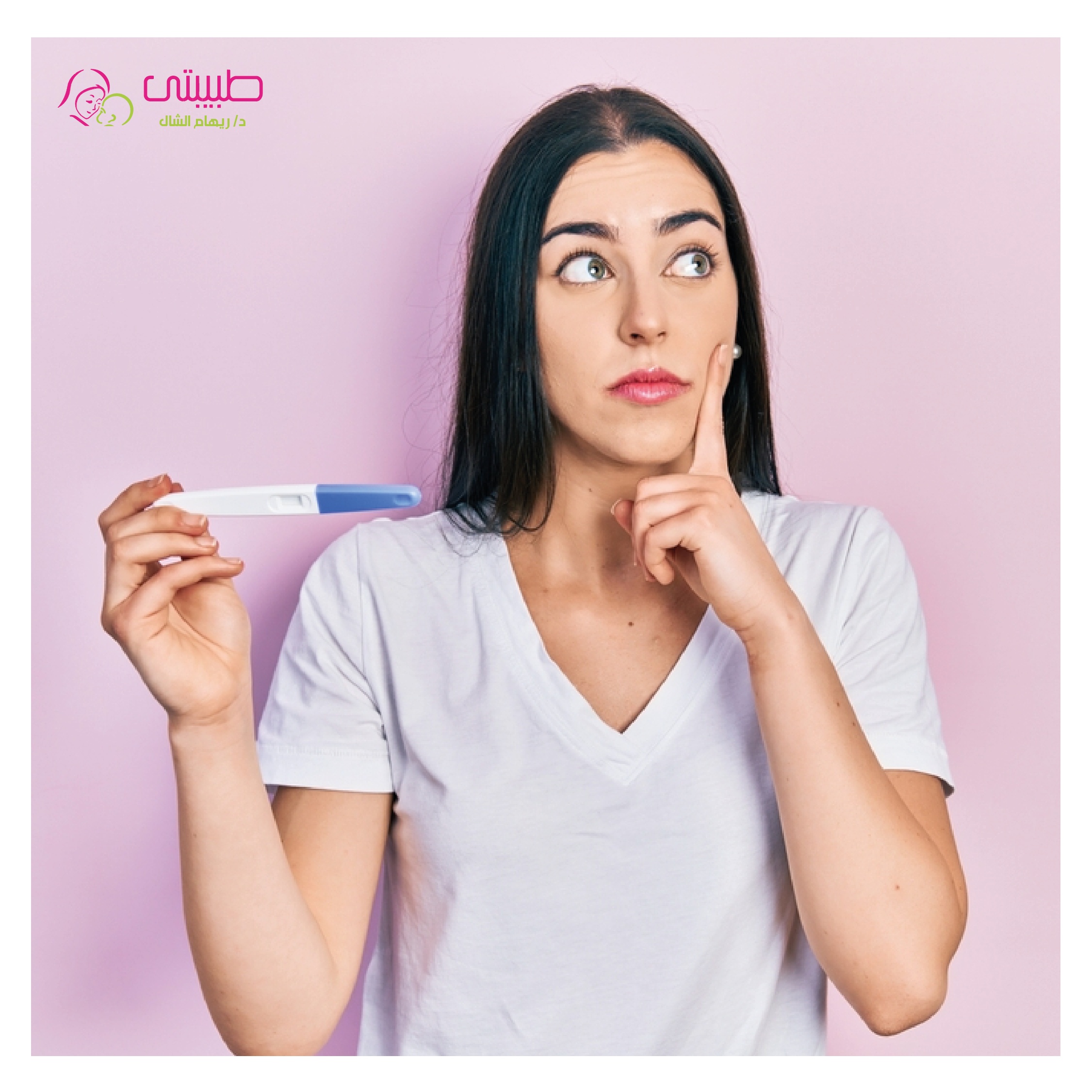Marriage on Hold: Treating Vaginismus at Home Without Clinic Visits
Many couples face a situation of “marriage under execution,” where despite being legally married and hopeful, they cannot engage in intimate relations due to vaginismus. In some cases, pregnancy may occur externally, highlighting the need for non-invasive treatment.
Before considering a clinic visit, here is a comprehensive treatment plan to follow at home with professional oversight:
1. Psychological Support
Use positive affirmations:
– Repeat: “I am capable of a normal intimate relationship.”
– Remind yourself that your body is naturally designed to accommodate pregnancy without injury.
– Discard incorrect notions from friends, family, or media—trust only qualified medical guidance.
Increase awareness and understanding:
– Enroll in an educational course that explains the anatomy and function of your pelvic area, preparing you mentally.
2. Breathing Exercises
Deep nasal breathing:
– Inhale deeply through your nose, expanding your belly, chest, and sides.
– Exhale slowly through your mouth, consciously releasing tension and negative energy.
Practice schedule:
– Do this 10 times daily, ideally every two hours.
– Use reminders or set alarms to stay consistent.
3. Pelvic Floor Muscle Exercises
Isometric “Kegel-like” exercise:
– While seated, fully contract your pelvic floor muscles (as if holding urine), hold during inhalation, then release on exhalation.
– Perform each repetition with focused breathing anywhere, anytime.
Pelvic opening stretches:
– Search online for pelvic opening or PNF stretches.
– Implement them after breathing exercises to physically prepare your pelvic region.
4. Progress Gradually
1. Mental and emotional readiness through affirmations and education.
2. Body preparation with controlled breathing and muscle exercises.
3. Optional medical stage: As your comfort increases, consider a visit for evaluation or minor procedures like dilation under guidance, but many heal successfully without medical intervention.
Success Stories
Women who conceived naturally after performing home exercises and regained normal intimacy.
Others report feeling emotionally and physically empowered solely from breathing and pelvic exercises.
Conclusion
You can overcome vaginismus at home using a combined approach of psychological techniques, breathing exercises, and pelvic muscle control.
Self-confidence is essential—believe in your body and its healing.
If further guidance or a clinical stage becomes necessary, support is available without distress.
Wishing you strength, healing, and healthy marital life.
“For more articles about vaginismus and Marital relationship’s difficulties:”







